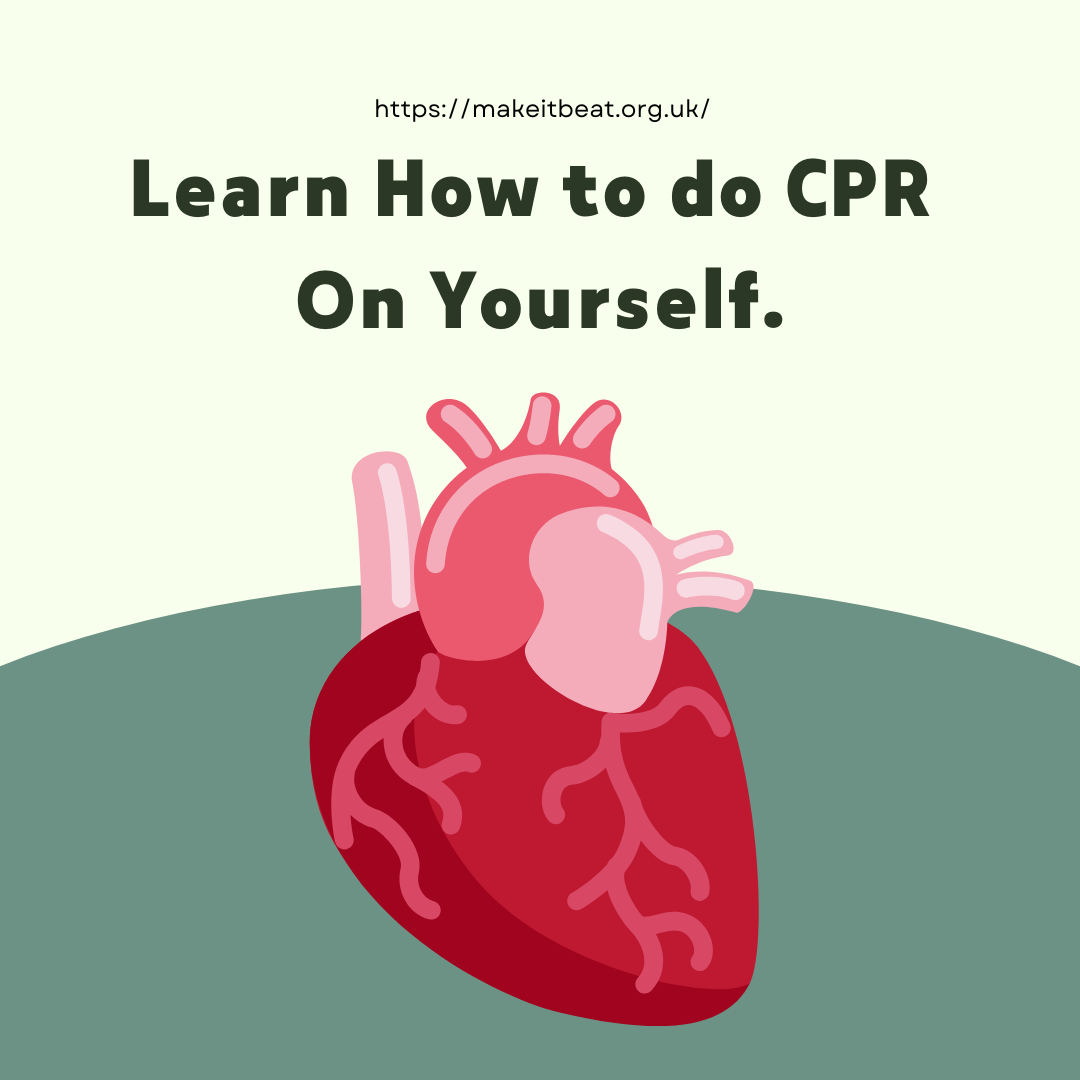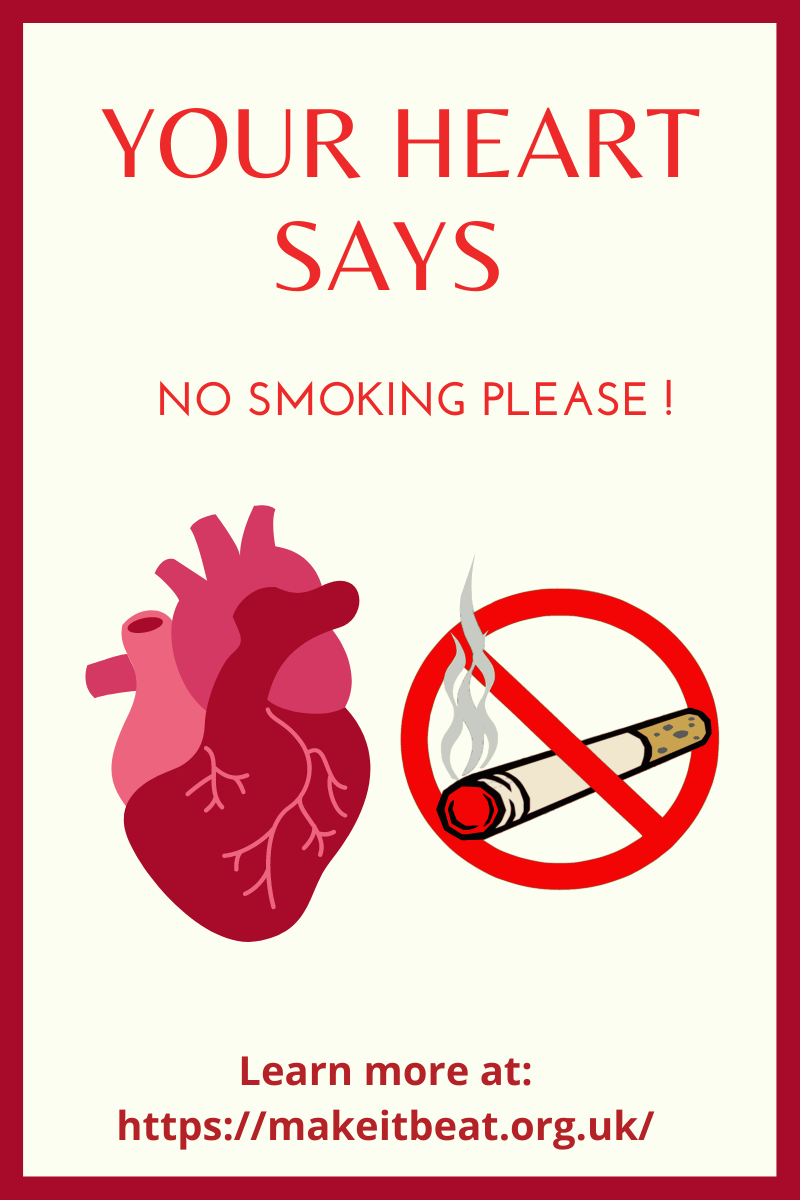Many people think a heart attack always happens as in the movies, with someone grabbing his chest and collapsing on the floor. But in the day to day life, a heart attack can start with some lesser known or associated symptoms and can last up to several days. Nevertheless, the myocardial attack does not occur suddenly, without firing first the warning signals. If you’re convinced that someone has a heart attack, call 112 even if the symptoms appear and disappear for several hours or days.
A heart attack usually occurs when a clot blocks in the blood vessels leading to the heart and stops them from functioning properly. From the moment a piece of the heart fails, the muscle in that particular area begin to die and necrosis takes place, even if it is a small blood vessel, a tiny piece of artery or myocardium.
The symptoms of a heart attack may take different forms for women compared with men, and depend very much on the age of the person affected. Both women and men who have experienced a heart attack say the most common symptom is pain or discomfort in the middle of the chest. This pain can appear to be weak or very strong and can last several minutes, or can appear suddenly and disappear just as sudden.
Signs of a heart attack
- Head: Feeling dizzy, experiencing faint hearing and loss of balance
- Lungs: Shallow breathing and/ or difficulty in breathing
- Neck, shoulders, arms, back, jaw: pain and discomfort, numbness
- Chest: pain, pressure, feeling a tightening sensation like a claw. The pain can appear and disappear
- Stomach: nausea, vomiting
- Skin: cold skin and cold sweat
- Increased heart rate and irregular heartbeat
Other symptoms (more likely to occur on women): Women may feel a loss of appetite and unjustified fatigue few weeks before a heart attack. They also may feel palpitations, stomach burns, unusual, unjustified cough. Other symptoms include loss of breath, nausea, vomiting, back pain, pain in the neck and jaw. In some cases, these symptoms occur very quickly and all at once or can appear for more days, intermittently.
Also pay attention to:
The pain and swelling of the lower limbs that put you at risk for ischemia. When the heart muscle does not work properly due to lack of oxygen, it can lead to stagnation of cellular waste, and the result may consist of swelling and pain in the legs. Poor circulation will cause the blood not to reach the tissues, thus, you’ll have a painful condition called ischemia.
To avoid heart attacks, comply with the following tips:
- Do not smoke
- Do sport and check your blood pressure monthly
- Avoid eating animal fats and check your annual cholesterol levels
- Do not get angry, try to be as calm as possible
However, if you have the misfortune to suffer a heart attack, proceed as follows:
- If you have one or more of the above symptoms, get in touch with someone as soon as possible.
- Do not panic and start coughing repeatedly and vigorously! Take deep breath before each cough. The cough must be deep and prolonged as if you want to remove secretions from deep inside the lungs. Repeat these two actions every two seconds without a break, until aid is coming or until you feel that your heart starts beating normally again. Once the heartbeat reached a steady pace, try to relax and breathe fresh air because the body needs a lot of oxygen. During the heart attack, the body must be stretched and feet must be raised.
- If you’re driving, even if the hospital is nearby, pull over as soon as possible, because any time you can lose consciousness. If the specific symptoms of an infarct start take a 325 mg. aspirin, known to maintain the flow of blood and reduces clotting. Instead of swallowing the tablet, slowly chew it.
- If you know that you have problems with the heart, then is a good thing to have an oxygen tube at hand, just in case.







